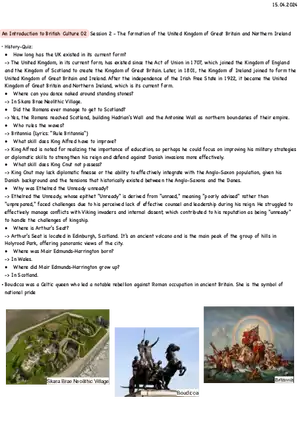1450-1750: ~28% of the AP Exam
Overall Changes
1) The world became truly global - the western hemisphere came into continued contact with the eastern hemisphere.
Technological innovations, strengthened political organization, and economic prosperity all contributed to this change
that completely altered world trade patterns.
sea
2) Maritime trade dominated the world - Technological advancements and willingness of political leaders to invest in it
meant that sea-based trade became much more important. As a result, old land-based empires lost relative power to
the new sea-based powers.
3) European kingdoms gained world power - The relative power and prosperity of Europe increased dramatically during
this time in comparison to empires in the longer-established civilization areas.
4) Nomads began to become a thing of the past - Nomads continued to play an important role in trade and cultural
diffusion, and they continued to threaten the borders of the large land-based empires. However, their power dwindled
as travel and trade by water became more important.
5) Labor systems were transformed - The acquisition of colonies in North and South America led to major changes in
labor systems. After many Amerindians died from disease transmitted by contact with Europeans, a vigorous slave trade
from Africa began and continued throughout most of the era. Slave labor became very important all over the Americas.
Other labor systems, such as the mita and encomienda in South America, were adapted from previous native traditions
by the Spanish and Portuguese.
6) "Gunpowder Empires" emerged in the Middle East and Asia - Empires in older civilization areas gained new strength
from new technologies in weaponry. Basing their new power on "gunpowder," they still suffered from the old issues that
had plagued land-based empires for centuries: defense of borders, communication within the empire, and maintenance
of an army adequate to defend the large territory. By the end of the era, many were less powerful than the new sea-
based kingdoms of Europe.
Knowledge of major empires:
The Ottoman Empire:
Founded by Osman, the Ottoman Empire included a collection of Turkish tribes from Asia Minor.
In 1453 they conquered Constantinople and ended the Byzantine Empire? From Constantinople
(soon to be called Istanbul) they launched raids into the Balkans of Europe.
Under Sulieman the Magnificent, the Ottomans controlled land on three continents. They took land
from Baghdad to Belgrade and laide siege to Vienna. The Siege of Vienna (1530) was a turning
point in Ottoman expansion and European unity to fight Muslim invaders.


